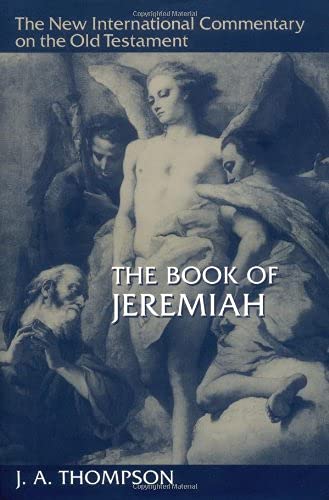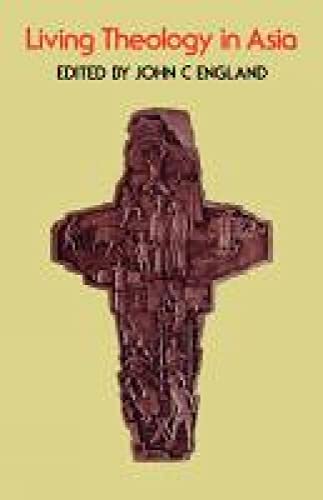God Incarnate: Story and Belief
Written by A. E. Harvey (ed.) Reviewed By John WebsterOne of the main themes which emerged from the debates which followed the publication of The Myth of God Incarnate (ed. J. Hick, London: SCM, 1977) was that the most telling flaws of that book were its failure to examine the kind of language which we have in Christology, and its failure to see that there are many ways in which we may talk about fundamental beliefs. Not only was the concept of ‘myth’ used in a crude manner, but its significance in telling us about the nature of the world was rejected in a thoroughly positivist manner. Some of these points were taken up by contributors to the volume Incarnation and Myth: The Debate Continued (ed. M. Goulder, London: SCM, 1979). The present, very impressive collection of essays takes these themes further. Though not directly a ‘reply’ to The Myth, the discussions at its base were prompted by that book, and it may justly be seen as a significant contribution to current British Christology.
The essays seek not so much to make dogmatic affirmations of the truth of Jesus’ divinity as to explore some of what is involved in making such an affirmation. And almost all the authors conclude that many of the besetting problems about the doctrine of the incarnation come from the desire to frame it in a series of logically-coherent propositions, rather than in narrative terms. Thus Anthony Harvey in ‘Christian Propositions and Christian Stories’ argues that the uniqueness of Jesus’ relationship to God can best be expressed by telling his story, and that it is resistant to neat prepositional definition. Or John Macquarrie, in his contribution on ‘Truth in Christology’, suggests that the ‘truth’ of Christological language is closer to that of aesthetic or personal truth than that of truth in the sciences, and that it is not thereby less significant in disclosing what is the case. Rachel Trickett brings professional expertise as a literary critic to bear upon the matter by suggesting in ‘Imagination and Belief’ that response to the gospel narratives is as much a matter of imagination as of critical, historical reason.
A further essay by Macquarrie, ‘The Concept of a Christ-Event’, analyses the logic of the concept and argues that it refers not only to the individual Jesus but to an entire world of meaning in which past and present are involved. This he links to the Christology of Bultmann and John Knox, suggesting that both Jesus’ past and the tradition which he evoked are embraced in the Christ-event. In similar fashion, Peter Hinchliff emphasizes the significance of the tradition as a mode of access to the presence of Christ in ‘Christology and Tradition’.
Others are concerned more directly with the biblical material. The editor surveys ‘Christology and the Evidence of the New Testament’ and arrives at modestly conservative conclusions about the historical value of the gospels. His essay is discussed in some detail by Geza Vermes in ‘The Gospels without Christology’. And James Barr contributes a stimulating analysis of such concepts as story, myth and history when applied to the biblical writings. The last, and very moving, piece of the collection is a Christmas day sermon by Pastor Baelz, and offers a gently insistent reminder of the claim which in their various ways the contributors attempt to analyse: that in the story of Bethlehem we are invited to find the disclosure of God to man.
All the essays (with the possible exception of Vermes’) are tentative, critical, exploratory rather than assertive; as such, they offer an eirenic voice in discussions too frequently acrimonious. There are, quite naturally, points at which questions might be raised: about the reliability of the gospel records, or about the normative role of Scripture (here the editor’s first contribution should be examined with care). But the value of the book is that it shows that if the sterility of recent debates is to be got beyond, there must be a shift of ground, into the fields of analysis of just what is involved in claims about the incarnation. In particular, theologians, of orthodox as well as radical complexion, will need to attend to the ability of the imagination in general and stories in particular to illuminate our understanding of what is the case.
My biggest regret is that the collection is frustratingly brief, with many fine thoughts left half-explained. But now that the dust has settled somewhat after The Myth, this quietly eloquent volume may stimulate others to the analytical and critical task which is incumbent upon those who wish to make sense of and articulate, rather than dismiss, their belief that the ways of Jesus are nothing less than the ways of God himself.
John Webster
Wycliffe College, Toronto






